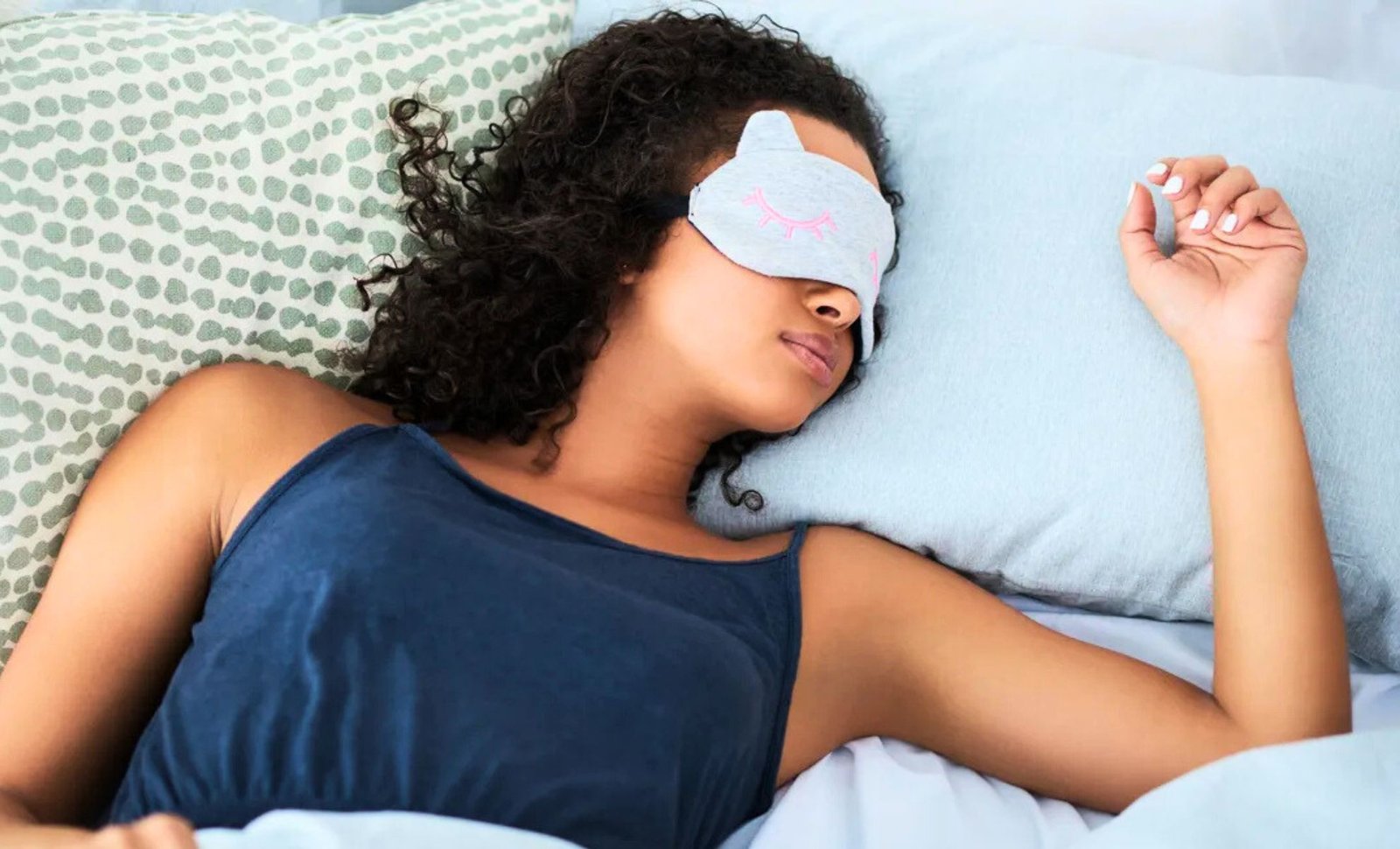How many hours of sleep does your body really need to function at its best? It’s a question that keeps popping up, and it’s not just about dodging dark circles. The Centers for Disease Control and Prevention (CDC) and the American Academy of Sleep Medicine have both weighed in with some answers, backed by years of research and population studies. Here’s what the science says, and why it matters for your mind and body.
Sleep Isn’t One-Size-Fits-All: What the Experts Recommend
Let’s get straight to the numbers. According to the CDC’s 2023 data and the American Academy of Sleep Medicine’s consensus statement (Paruthi et al., 2016), adolescents need between 8 to 10 hours of sleep each night for healthy development. This isn’t just about mood swings or energy. Teen bodies and brains are literally growing and rewiring during these hours, making every hour count.
Once you hit your late teens and early adulthood (ages 18 to 25), the recommended range dips slightly to 7 to 9 hours. For most working adults (26 to 64), the sweet spot stays about the same—7 to 9 hours is ideal for memory, emotional resilience, and heart health. If you’re 65 or older, research shows you can do well with 7 to 8 hours, though many older adults benefit from short daytime naps if needed.
Why Sleep Loss Affects More Than Just Your Energy
Getting less sleep than your body needs isn’t just about feeling foggy at work or school. Chronic sleep deprivation has a measurable impact on your heart health, immune system, and even your risk of chronic diseases like diabetes. Multiple CDC studies (CDC, 2016; Taheri et al., 2004) have linked poor sleep with higher rates of heart disease and metabolic issues.
Here’s why: when you don’t sleep enough, stress hormones rise and your arteries can become less flexible. Your body also has a tougher time processing glucose, which is why sleep-deprived people are at higher risk of insulin resistance and weight gain.
How Hormones and Hunger Connect With Your Sleep Cycle
There’s a reason why people feel hungrier after a bad night’s sleep—and it’s not just your imagination. Research published in PLoS Medicine (Taheri et al., 2004) found that sleep deprivation lowers leptin (the hormone that signals fullness) and boosts ghrelin (the hormone that triggers hunger). In real life, this means you’re more likely to crave snacks and have a harder time saying no to extra calories after a poor night’s rest.
Quality sleep also affects insulin sensitivity, so cutting sleep can lead to bigger blood sugar swings—something to watch for if you’re managing your weight or concerned about diabetes.
Simple Steps for Better Sleep at Any Age
Most people know sleep is important, but fitting it in isn’t always easy. According to the CDC, about one in three American adults still gets less than seven hours of sleep per night. Practical tips from sleep experts: set a consistent bedtime, power down screens at least 30 minutes before bed, and keep your bedroom dark and cool. Seniors who wake early can benefit from short naps, while teenagers may need later wake-up times to fit their natural body clocks.
Ultimately, your best sleep routine is the one you’ll actually stick to—and now, the science is clearer than ever on just how much your body needs, no matter your age.
References:
- Centers for Disease Control and Prevention. (2023). Behavioral Risk Factor Surveillance System
- Paruthi S, Brooks LJ, D’Ambrosio C, et al. (2016). Journal of Clinical Sleep Medicine
- Taheri S, Lin L, Austin D, Young T, Mignot E. (2004). PLoS Medicine



